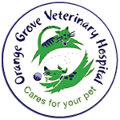Adverse Food Reaction in Pets
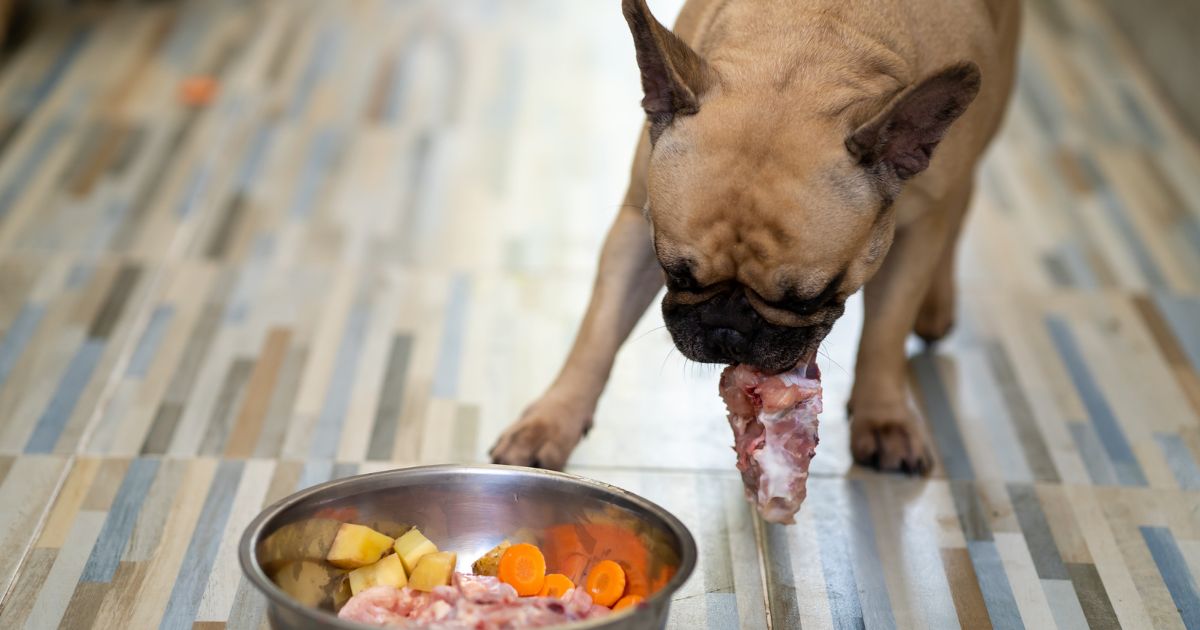
My pet eats a premium pet food, but they are getting sick. Help!
As logic would go, feeding your dog or cat a high-quality, premium pet food would ensure their nutritional needs are met and they would thrive and live a long and healthy life. This is every pet owner’s objective for their beloved pet. However, some pets – both dogs and cats – can experience what is called an adverse food reaction. In this article, we’ll explore what adverse food reactions are, what causes them, when to take your pet to the vet, and how adverse food reactions are diagnosed and treated.
Pancreatitis in cats

My cat is vomiting, lethargic and has no appetite
The pancreas is an organ located near the stomach and alongside the small intestine. It is responsible for producing digestive enzymes and hormones (such as insulin) that regulate blood glucose. In cats, pancreatitis is a serious condition in which the pancreas becomes inflamed leading to poor appetite, listlessness, dehydration and vomiting. It is also commonly diagnosed together with other diseases and can have life-threatening and severe long-term effects. In this article we will discuss the causes, symptoms, diagnosis, treatment and prevention of pancreatitis.
Pancreatitis in dogs
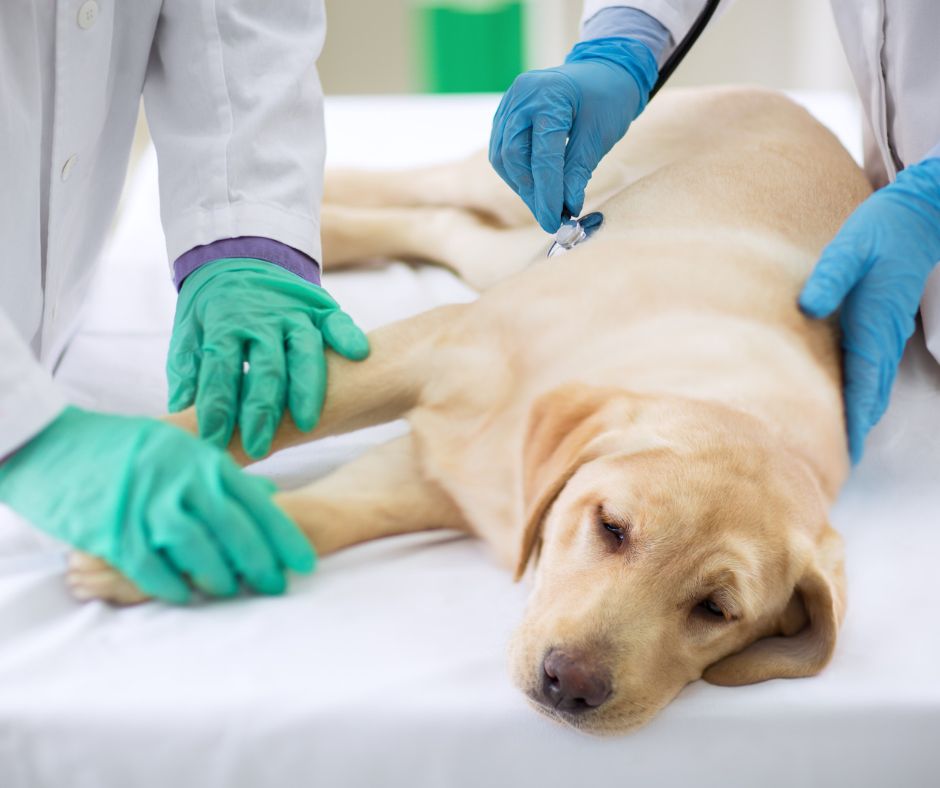
My dog is vomiting and has a very sore tummy
The pancreas is an organ located near the stomach and alongside the small intestine. It is responsible for producing most digestive enzymes as well as hormones (such as insulin) that regulate blood glucose. Pancreatitis in dogs is the condition we see when the pancreas becomes inflamed, leading to vomiting and abdominal pain. This disease can be life-threatening and have long-term effects. In this article we will discuss the causes, symptoms, diagnosis, treatment and prevention of pancreatitis.
Your new puppy

Important things to know about new puppy care
Adopting and bringing home a new puppy is a very exciting time. Everything is brand-new for your puppy and for you too. It may feel a bit overwhelming to start afresh with this new life in your home, but here are some very important parts of puppy care that you absolutely should not skip. The over-arching reason for ensuring you check all these care boxes is to keep your puppy as healthy as possible and to be a responsible pet parent.
Your new kitten

I just adopted a new kitten. What is the best veterinary advice on how to care for her from Day 1?
Important things to know about new kitten care
Adopting and bringing home a new kitten is a very exciting time. Everything is brand-new for your kitten and for you too. It may feel a bit overwhelming to start afresh with this new life in your home, but here are some very important parts of kitten care that you absolutely should not skip. The over-arching reason for ensuring you check all these care boxes is to keep your kitten as healthy as possible and to be a responsible pet parent.
Administering oral, topical, ear and eye medication to cats and dogs
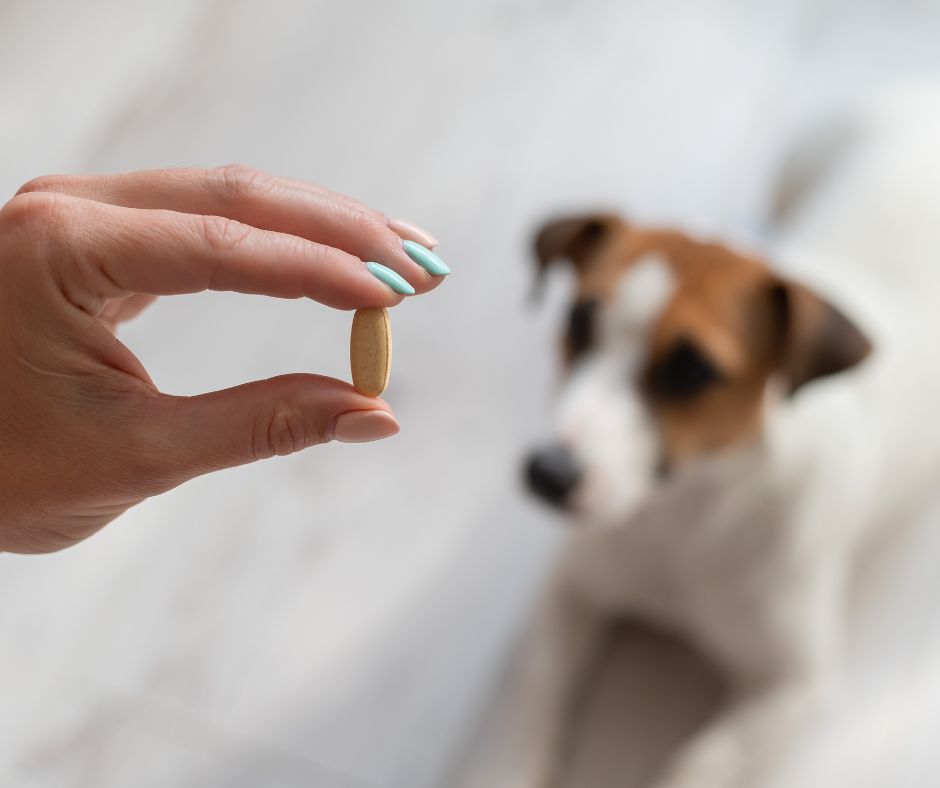
I need to give my pet medication at home to complete their treatment. How do I administer it?
At some point in every pet’s life, they will need at-home treatment for a chronic or an acute illness, recurring infection, parasite control, wound care, etc. This is why it’s important for every pet parent to know how to give pets medication at home to complete their treatment. These are basic methods that are generally applicable to dogs and cats under average circumstances – we understand that some pets may be easier to handle or more relaxed than others, but we hope these tips will help most pet parents to better administer their pets’ medicines.
Gastroenteritis in puppies
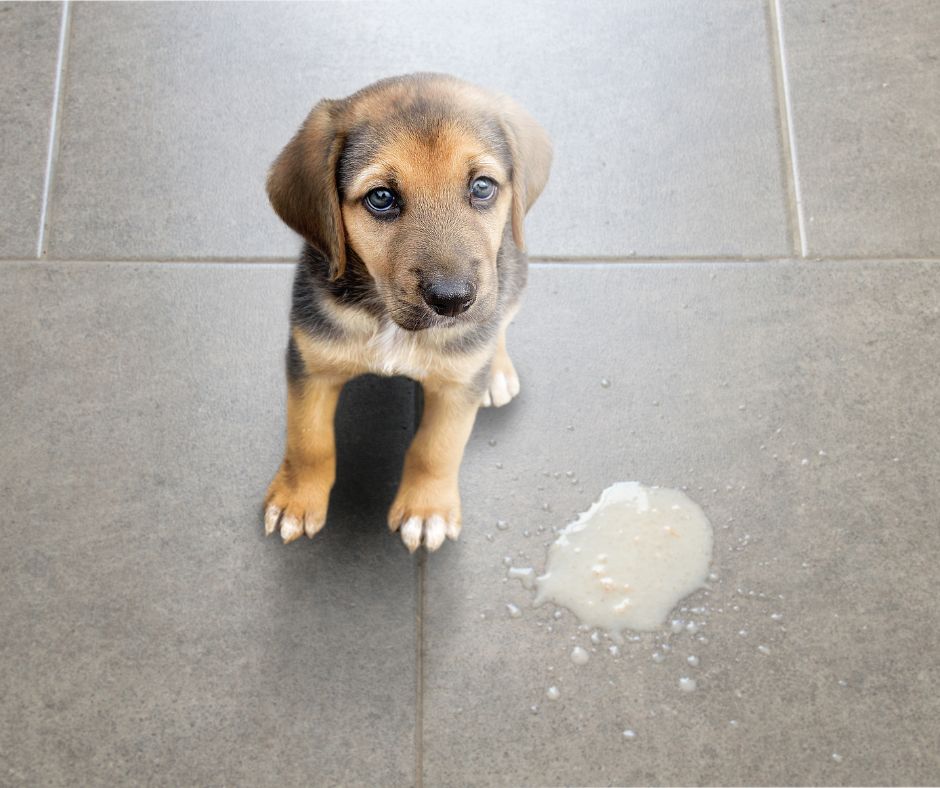
My new puppy has an upset stomach, what should I do?
Gastrointestinal problems are some of the leading causes of visits to the vet. Puppies in particular are extremely prone to tummy upsets, which can have various causes. Gastroenteritis is the technical term used to describe an upset tummy and symptoms include vomiting, diarrhoea, poor appetite and, in serious cases, lethargy and collapse. Let’s look at what causes gastroenteritis in puppies.
Requirements and process of emigrating with pets

I have been offered a great job overseas, but I have pets. What is the process for emigrating with my pets?
If ever there was an occasion to test the bond between pet owner and beloved pet, it’s emigration. Moving overseas is a huge, stressful event that may feel overwhelming and nearly impossible… and that’s before you’ve even factored in your furry family members. However, with enough time and planning, ensuring you follow the correct protocols and stick to the regulations, you can successfully move yourself and your pets overseas.
Seasonal allergies in pets

My dog is scratching and biting his skin more than usual, sneezing and has watery eyes - and it's only the beginning of the season!
All domestic animals can react to the changes of the season – just like some humans do. During late winter, early springtime, when the climate is dry and windy, there is a lot of dust and pollen in the air. Humans as well as our pets inhale these particles or pets brush up against skin irritants, which can lead to seasonal allergies.
Sensitivity to anaesthesia
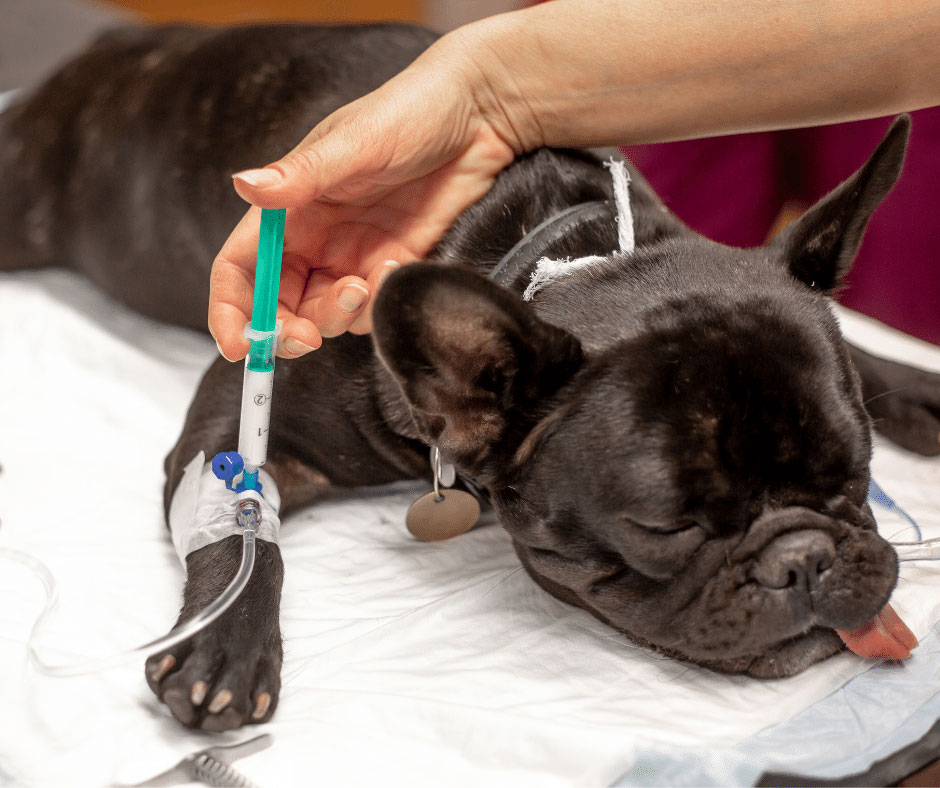
I've heard that certain dog breeds are sensitive to anaesthesia and I'm concerned my dog can't undergo a dental procedure because of this
At some time in their lives, most pets will need to undergo medical procedures that require them to be sedated and placed under anaesthesia. From teeth cleaning procedures, spaying and neutering, to surgical procedures for repairing fractures, removing obstructions from the digestive tract, repairing torn ligaments, etc.; these procedures cannot be done while the animal is conscious.
